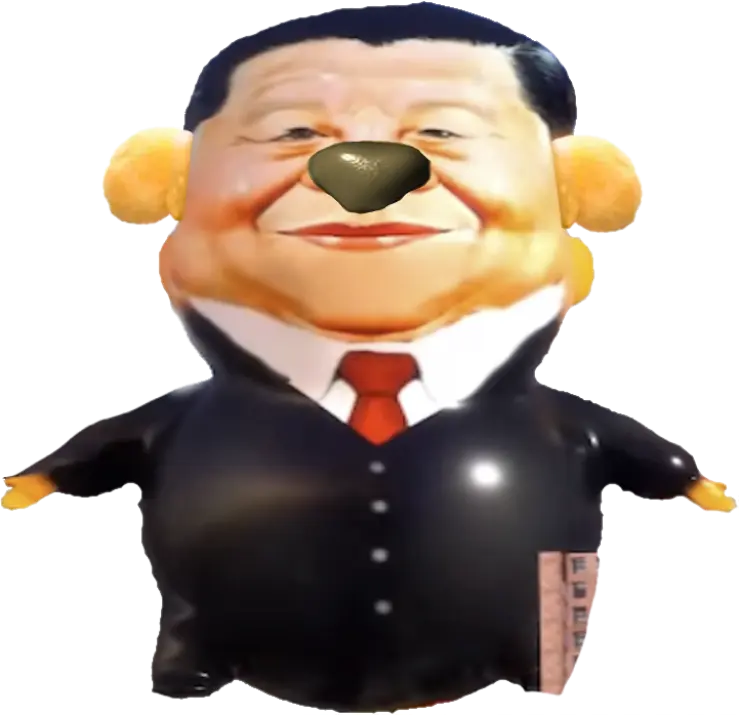

So, sure that might work. More likely they forgot this bit is even here on account of it being 20 years old.
Also, never doubt the persistence of a sufficiently motivated and impatient user. I don’t think needing to read something has ever stopped one.
You can literally put animated flaming text and people will click right past.




I worked for a developer at a Web hosting company for a while. I really wish my story about flaming text wasn’t true, and that the words weren’t “permanent unrecoverable data loss”, and the audience wasn’t internal support technicians.
Gotta have a way to delete a vps, and there’s only so much you can do to get someone to check that they have the right one.